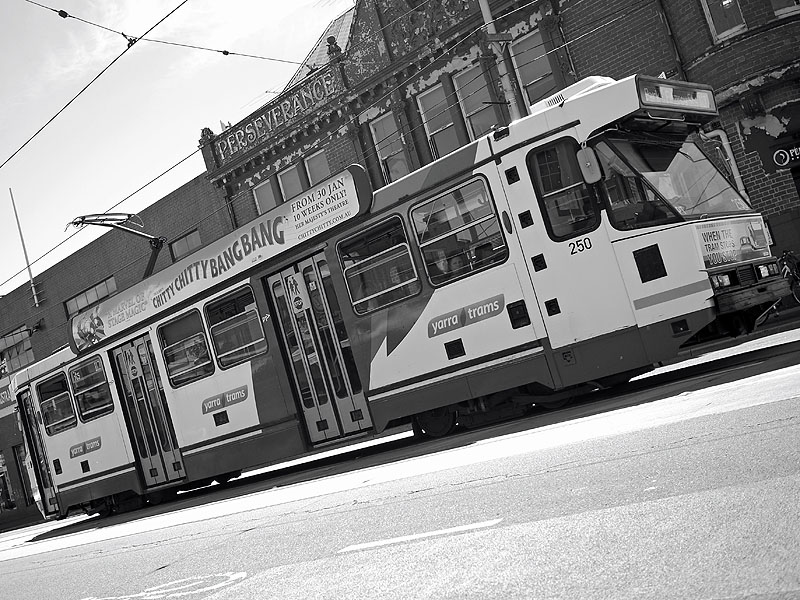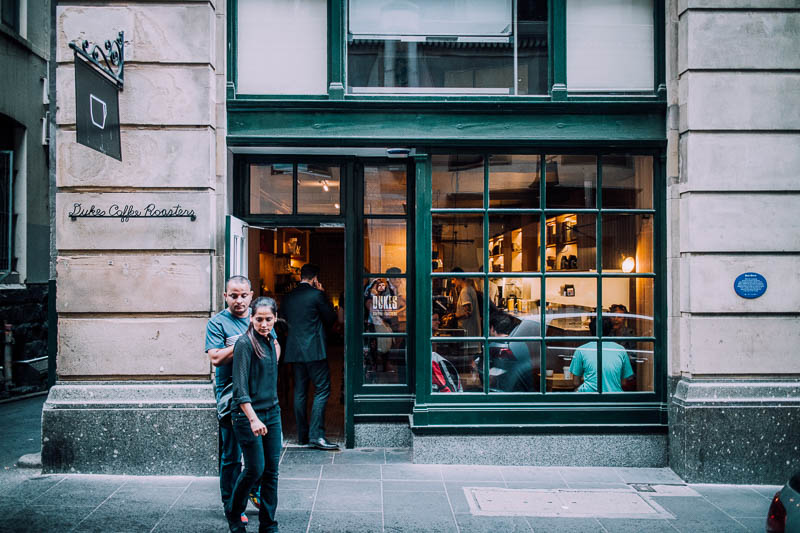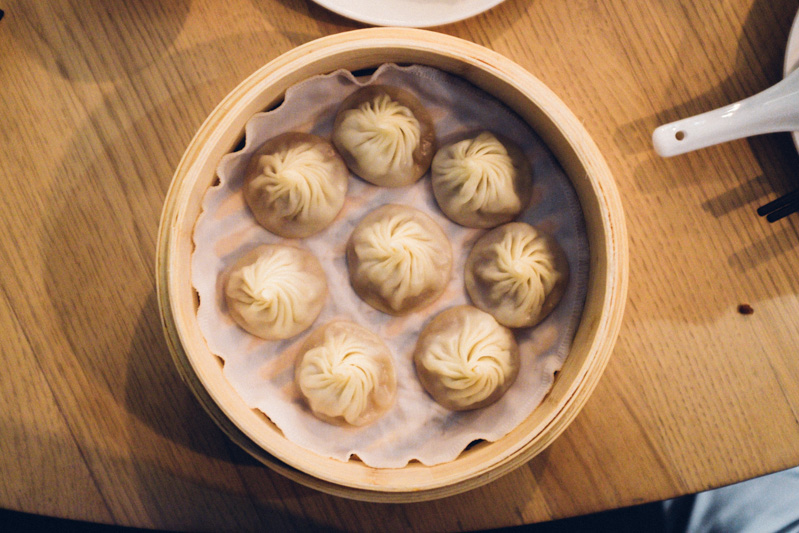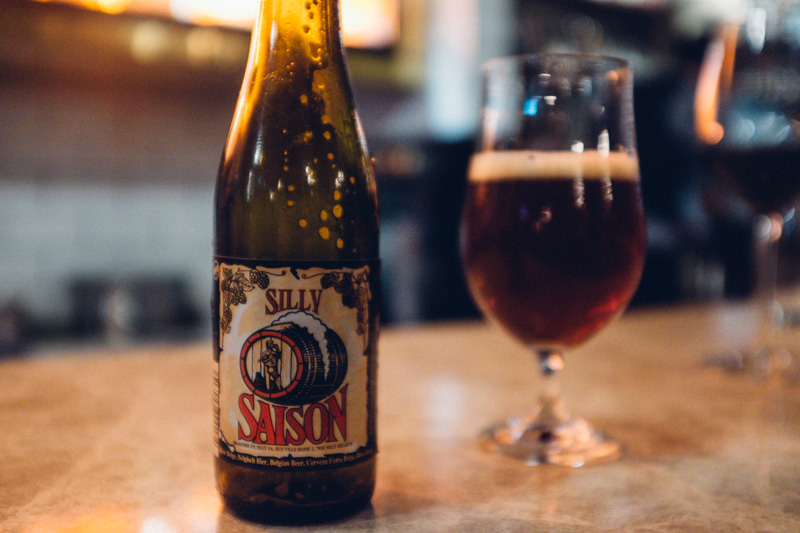MELBOURNE | Before moving to Melbourne a couple of months ago on a Working Holiday Visa, I hadn’t done a great deal of preparation but I was lucky enough to have friends already living in the city to give me some useful tips. Although there are a lot of online sources available listing the array of tourist attractions Melbourne has to offer, I am going to focus on the simple little things to make your visit or move here that little bit easier.
Public Transport

Melbourne has a great public transport system, but I quickly realised that you need a Myki Card when travelling on the city trains, trams and buses – paper tickets aren’t a thing here. Myki is an easy to use, reusable smart card. To begin with I found the tram system difficult to wrap my head around, as signs and routes aren’t always clear. However, there is a handy app you can download onto your iPhone called Tram Tracker.
A Myki card can be purchased from a machine or ticket office in any main train, bus or tram station or a 7-Eleven store. A full fare Myki costs $6.00 and $3.00 for a concession, senior or child. Your card needs to be topped up before you travel and to use simply touch on and off at Myki card readers (except on trams, where you only need to touch on).
There is a Free Tram Zone in the CBD, which spans Queen Victoria Market, to Victoria Harbour, to Spring Street and Flinders Street Station. Visit http://ptv.vic.gov.au to plan your journey, view timetables and find out more about Melbourne’s public transport system.
Weather

When people say Melbourne experiences ‘four seasons in one day’, believe them! The weather can fluctuate daily from sunny and warm to rainy and cold. Melbourne begins to warm up in December, with a dry heat that usually lasts until February. June and July are known as being the coldest, whilst October usually experiences the most rainfall.
The changeable weather is just one of the many things which makes Melbourne unique, so pack for all weather conditions and be prepared for every eventuality.
Banking
One of the first things on my to-do list (and perhaps the least appealing) upon arriving in Australia was to set up a bank account. I was directed towards Commonwealth Bank as a good choice for backpackers. You can open an account 3 months in advance, picking up your card from a branch when you arrive. In addition, Commonwealth has an online app, which makes managing your accounts and transferring money incredibly quick and easy.
Mobile Phone Contract
It is always a little overwhelming choosing from the seemingly infinite options available in the way of mobile phone contracts. I was lucky enough to receive a recommendation to opt for a Vodafone contract, which has proved very useful during my stay so far.
I chose a SIM only contract, which costs $50.00 a month and includes unlimited national calls, unlimited texts in Australia and overseas, unlimited international calls in selected countries (including the UK), 90 International minutes to selected countries and 4GB data per month. This contract can be terminated at any time, making it ideal for backpackers, students or those on a working holiday visa.
Tax File Number
I was unaware until I got my first job in Melbourne that foreign passport holders, permanent migrants and temporary visitors require a Tax File Number (TFN) to work. This can take up to 28 days to process, so I would recommend applying as soon as you arrive. The application itself is very simple and requires a valid passport or relevant travel documents. Applications for a TFN take place online and can be completed anytime after you have entered Australia.
Medicare
Apply for a Medicare card free of charge and you will be able to access hospital and medical services for the duration of your stay in Australia. Medicare covers care at certain public medical institutions, providing treatment by doctors, specialists and occasionally dentists and other health practitioners.
I would highly recommend registering for a Medicare card as soon as you arrive in Australia, as it can take a couple of weeks to process. For more information on Medicare visit http://www.humanservices.gov.au/customer/subjects/medicare-services.
BYO Dumplings

Now onto the fun stuff! BYO Dumplings have been a staple weekly activity for my friends and I since moving to Melbourne. Not only is the food great value for money and delicious, but you can bring your own bottles of beer or wine, making it a great option for a Friday night socialising with friends or weekday treat after work. However be warned, some of the city’s most popular BYOs can have long queues, particularly at the weekends.
A couple of my favourites located in the CBD are Empress of China (120 Little Bourke Street, CBD) and Shanghai Village Dumpling (112-114 Little Bourke Street, CBD). The Pan Fried Pork & Vegetable Dumplings are my personal favourite, at $7.50 for 15 pieces (approximately). BYO usually costs between $1.00-$4. per person.
Happy Hour

One of my favorite things about Melbourne is its buzzing social scene, which reaches its peak when the working week comes to a close on a Friday afternoon. From approximately 4:00pm to 6:00pm (depending on the bar) bars and pubs are filled to the brim, as Happy Hour commences, offering a range of discounted drinks. Subscribe to The City Lane or follow on social media to make sure you get the latest updates on the best places to eat and drink in this city first.
Have you got any must know pieces of advice for those who have just moved to Melbourne? Let readers know in the comments section below.

